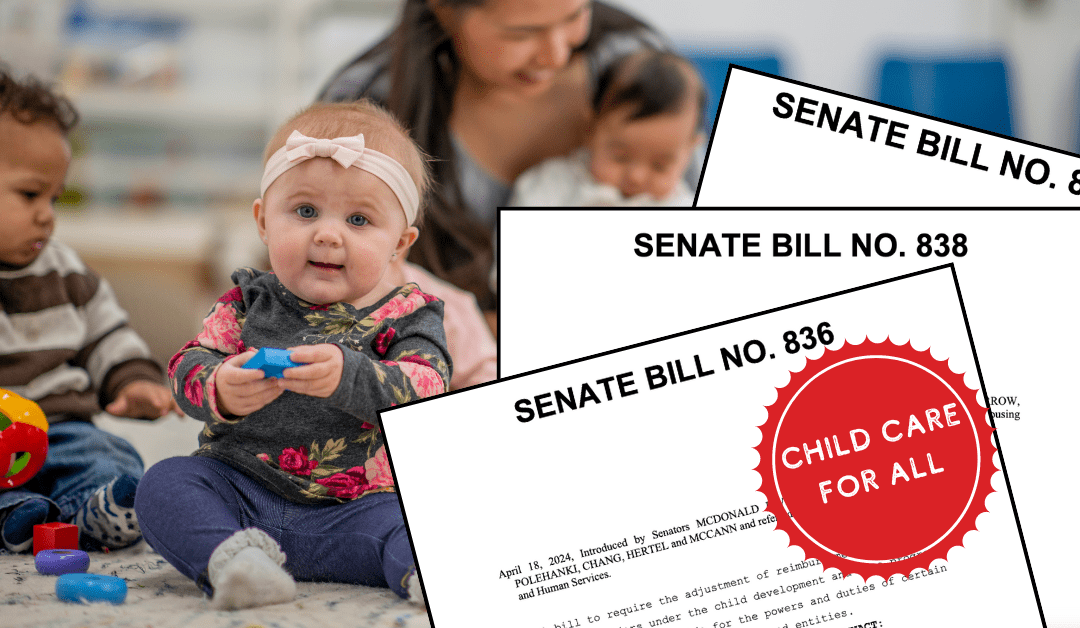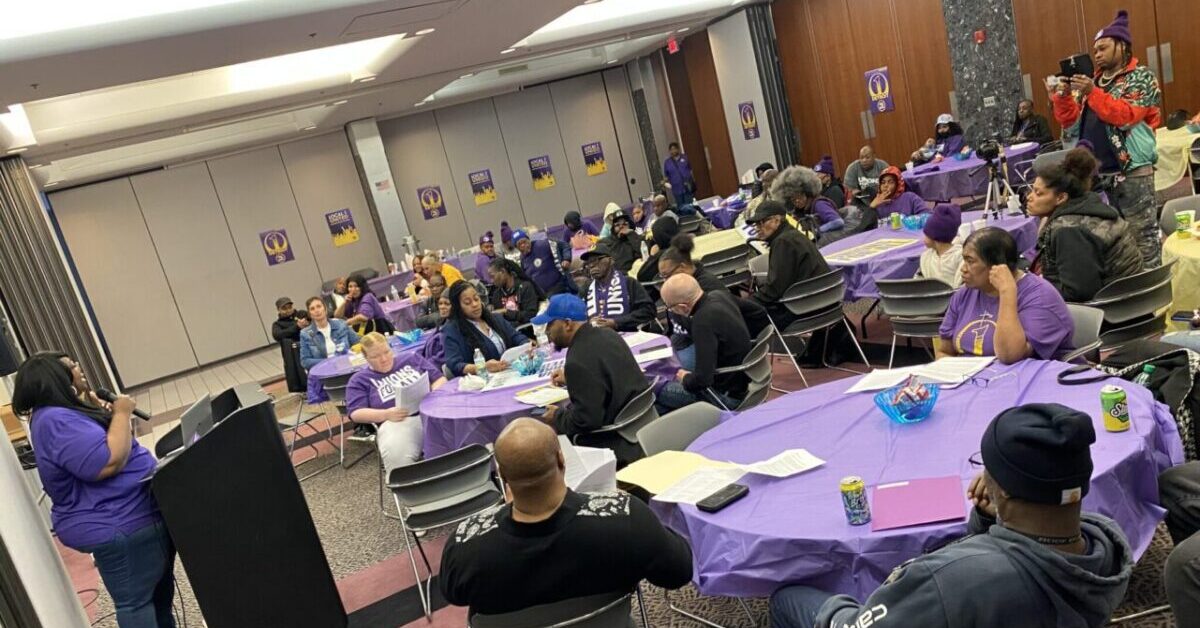
Photo by maroke/Getty Images
In an op-ed, Michigan teacher Mercedes Harvey-Flowers advocates for more student voices in the decision making process and shares how students turned their complaints into innovative solutions.
The room is warm; that sticky, sweaty, kind of smelly warm that you only feel in a high school classroom. The hum of fans circulating the heavy air amplifies the silence around me. Students waffle between staring at me and staring at the screens of their laptops. After 20 minutes of this, I rise from my perch on the heater. “Shut your computers,” I instruct, as I pass out scrap paper and pens. “Grab a pen & paper,” I state, “Complain! What makes you angry, annoyed? Anything, big… little… specific to you? Globally?”
The ice is broken, chuckles and whispers begin to fill the space, pushing the oppressive silence out. The noise level reaches an almost fever pitch, becoming chaotic, yet beautiful. Some pens move furiously, others more slowly. Papers become covered in chicken scratch. As the pens slow, voices grow even louder. The classroom comes alive with students sharing their complaints. The chorus of voices gives me comfort.
Student voice is powerful. Shifting the focus of classroom experiences from teacher to student upends what I grew up thinking school was. It challenges traditional notions of classroom management. My next statement pauses the conversations briefly, before they pick back up again. “Okay, pick ONE of your complaints. Fix it.” Groans fill the classroom, “Miss, I can’t FIX the fact that my mom hates my crocs.” Laughter follows, as students begin brainstorming solutions for their complaints. The solutions that begin to take shape demonstrate how much our students have to offer.
One student concerned about food waste suggests more nutrient-rich entrees, to eliminate the need for so many parts of a school lunch. Another suggests having a box for unwanted fruit or non-perishables that other students can pick from throughout the day. Another student complains that school is boring, but suggests that students should have input on curricular decisions. She recommends that there be a student representative on both the district curriculum committee and school board. Our classroom Croc Enthusiast decides to prove that Crocs are safe for physical activity when not in “sports mode” by conducting a study that measures how many times a participant falls in Crocs in both modes, and notes the causes of said falls.
I’m not the first educator to figure out that student frustration and griping can be a bridge to something incredibly creative and useful (an unwanted fruit box is a great idea!). But unleashing this chaotic chorus of voices can be scary. Even after teaching for a decade, I find myself attempting to temper their voices, fearful of losing control, of not having the answers. After all, I’m the teacher, the grown up, I am supposed to be the pinnacle of knowledge in this space, right?
Wrong. It is imperative that we, the adults, challenge our own fears and admit that even in the rooms where we are the experts, we might not know everything. Our students have unique skills and viewpoints and it is time we leverage them. When it comes to their education, our students deserve a seat at the table where decisions are made on their behalf. We should encourage them to bring their own chairs whenever one is not offered. (Yes, there should be a student representative on a district curriculum committee. After all, the students are the ones doing the learning.)
Throughout this learning experience, I’ve watched my students evolve from being apprehensive about a course that felt bigger than them, to invigorated researchers, advocates, and designers. They are learning to use their voices and their research skills to present data-driven solutions to issues they care about. While their ideas are works in progress, their confidence continues to grow with each step of the research process. My students’ ideas are innovative and innovation is what our system needs the most of right now. From school boards to legislative chambers, decision makers at all levels of the system can benefit from listening to our young people. It might be scary and there might be a bit of chaos in the process, but the results are worth it.
Politics

SEIU workers ahead of NFL Draft: We are ‘the backbone of Detroit’
BY KEN COLEMAN, MICHIGAN ADVANCE MICHIGAN—A day ahead of the National Football League annual draft being held in Detroit, Service Employees...

Investigator says Trump, allies were uncharged co-conspirators in plot to overturn Michigan election
DETROIT—A state investigator testified Wednesday that he considers former President Donald Trump and his White House chief of staff to be uncharged...

Michigan Dems introduce ‘Child Care for All’ legislation to lower costs for families
Lawmakers say Michigan is facing a ‘child care crisis.’ But a series of bills introduced this month would help to make child care (much) more...
Local News

The 10 best burger joints in and around Lansing
Warning: Do not read this list if you missed lunch or you will find yourself hopping in the car to drive to these best burger joints in Lansing. ...

10 unique wedding venues in Michigan to suit every kind of couple
From a distillery in Detroit to a summer camp, we’ve rounded up some of Michigan’s most unique wedding venues. Of all the elements you need to...






